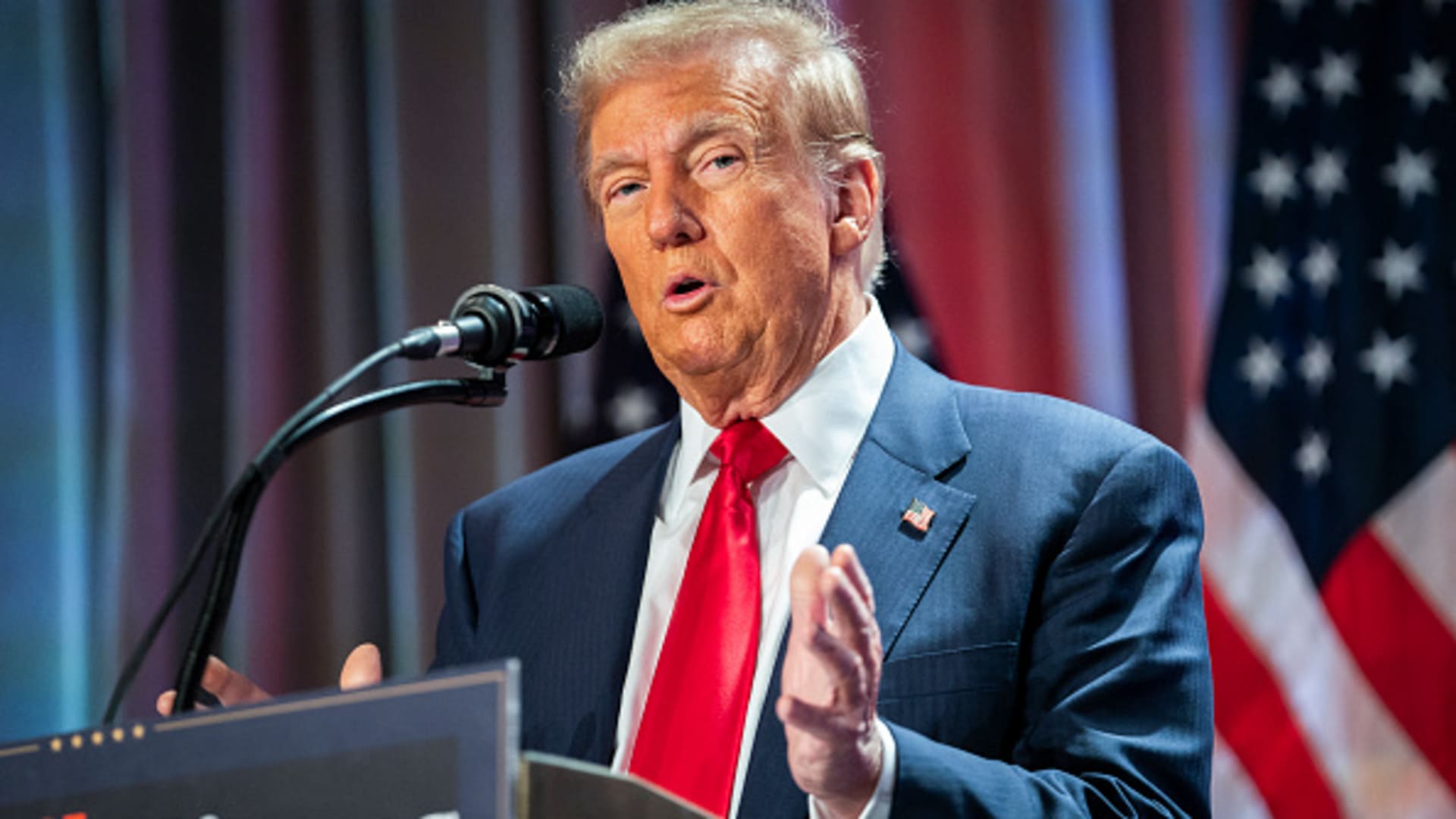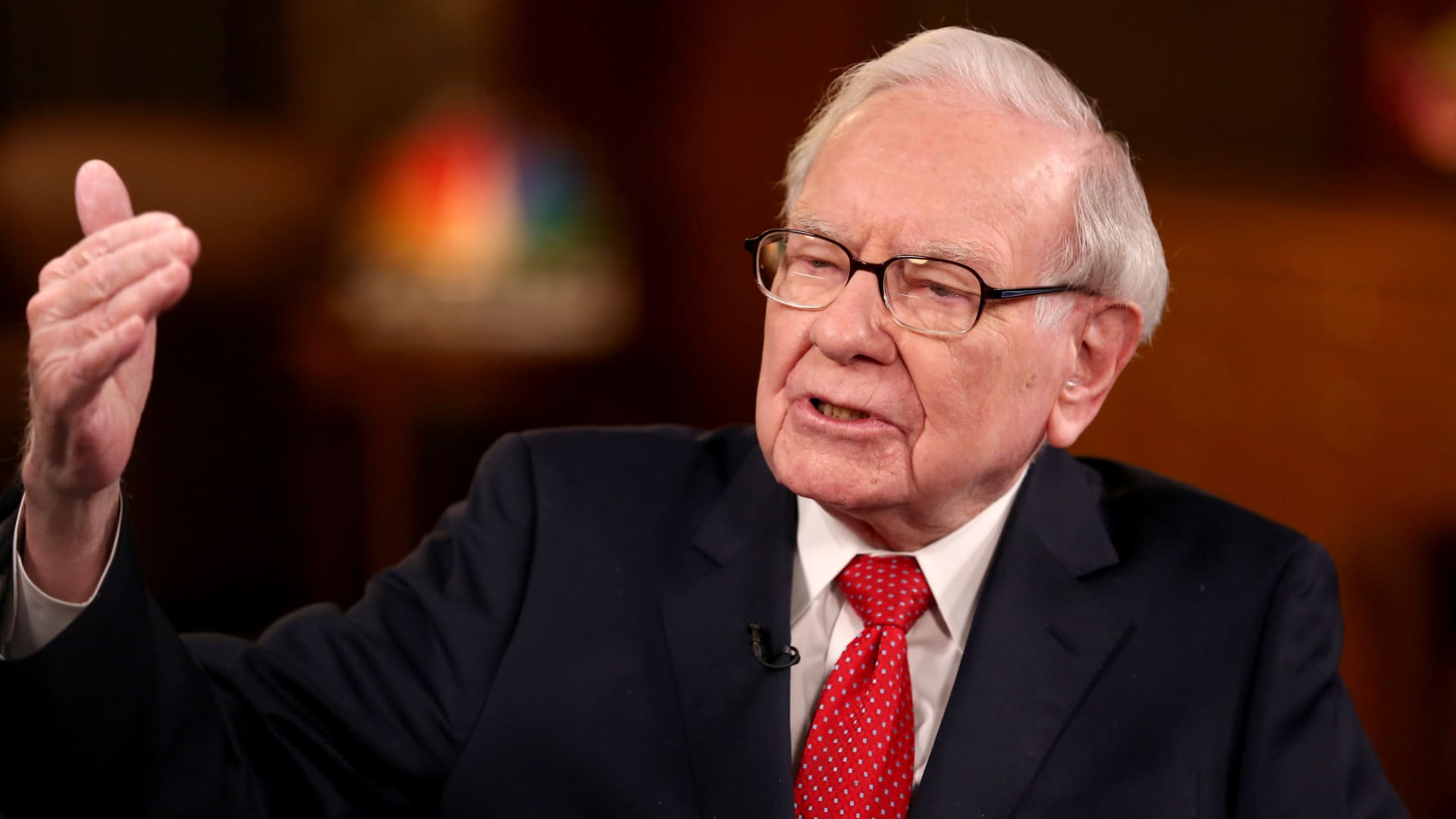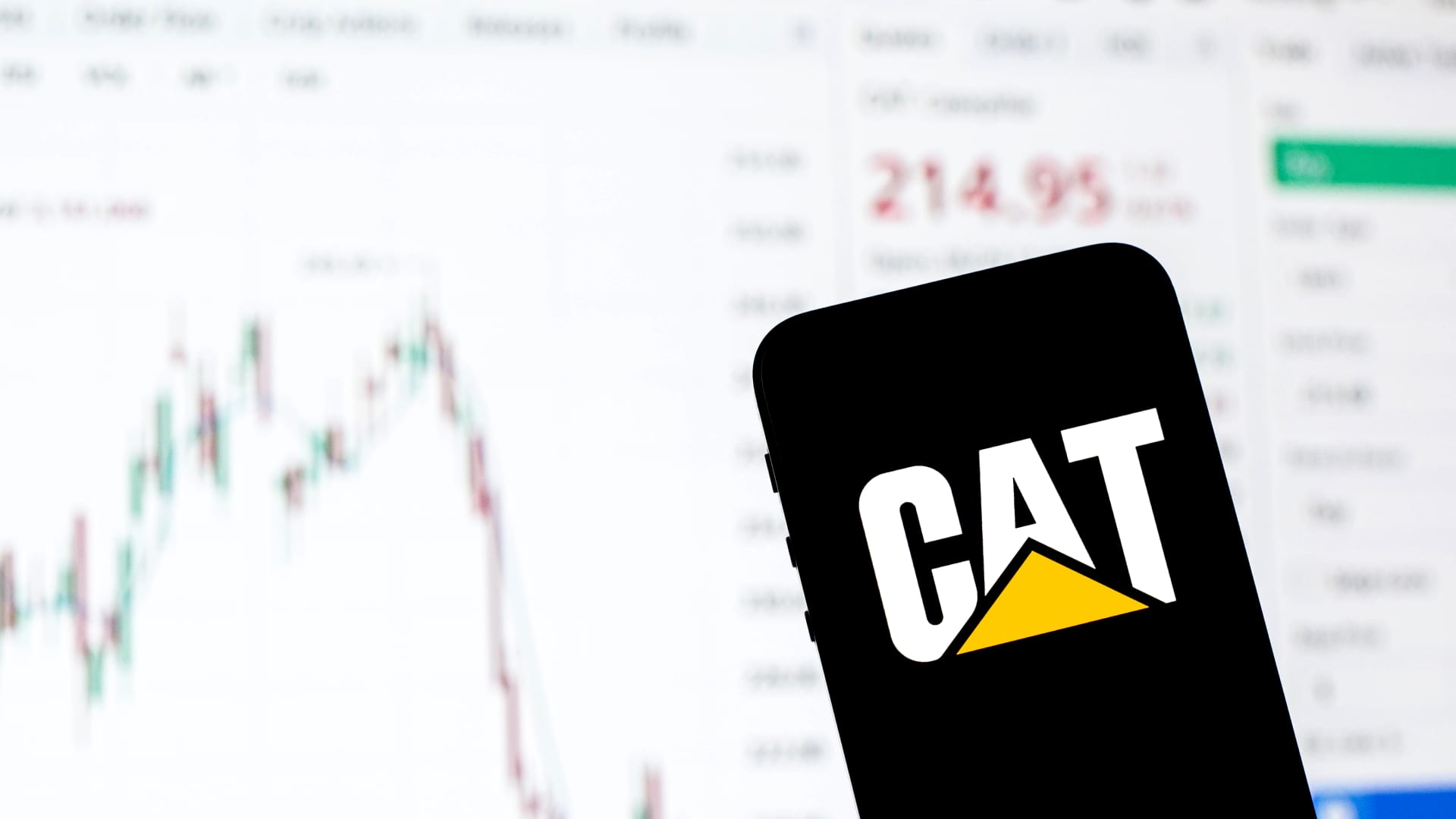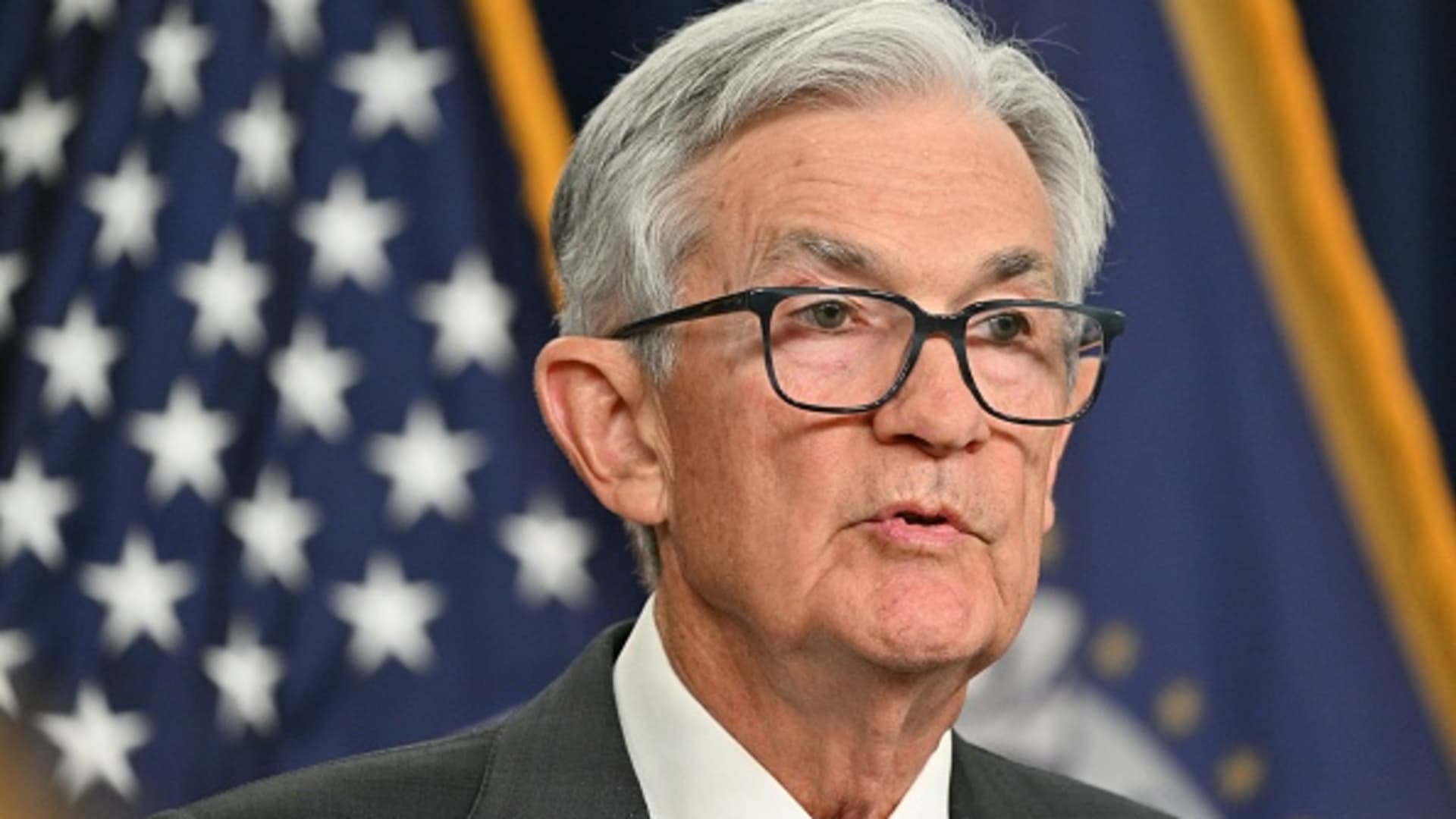US Federal Reserve Chair Jerome Powell holds a press conference after the Monetary Policy Committee meeting, at the Federal Reserve in Washington, DC on March 19, 2025.
Roberto Schmidt | Afp | Getty Images
Federal Reserve Chair Jerome Powell said Friday that he expects President Donald Trump’s tariffs to raise inflation and lower growth, and indicated that the central bank won’t move on interest rates until it gets a clearer picture on the ultimate impacts.
In a speech delivered before business journalists in Arlington, Va., Powell said the Fed faces a “highly uncertain outlook” because of the new reciprocal levies the president announced Wednesday.
Though he said the economy currently looks strong, he stressed the threat that tariffs pose and indicated that the Fed will be focused on keeping inflation in check.
“Our obligation is to keep longer-term inflation expectations well anchored and to make certain that a one-time increase in the price level does not become an ongoing inflation problem,” Powell said in prepared remarks. “We are well positioned to wait for greater clarity before considering any adjustments to our policy stance. It is too soon to say what will be the appropriate path for monetary policy.”
The remarks came shortly after Trump called on Powell to “stop playing politics” and cut interest rates because inflation is down.
There’s been a torrent of selling on Wall Street following the Trump announcement of 10% across-the-board tariffs, along with a menu of reciprocal charges that are much higher for many key trading partners.
Powell noted that the announced tariffs were “significantly larger than expected.”
“The same is likely to be true of the economic effects, which will include higher inflation and slower growth,” he said. “The size and duration of these effects remain uncertain.”
Focused on inflation
While Powell was circumspect about how the Fed will react to the changes, markets are pricing in an aggressive set of interest rate cuts starting in June, with a rising likelihood that the central bank will slice at least a full percentage point off its key borrowing rate by the end of the year, according to CME Group data.
However, the Fed is charged with keeping inflation anchored with full employment.
Powell stressed that meeting the inflation side of its mandate will require keeping inflation expectations in check, something that might not be easy to do with Trump lobbing tariffs at U.S. trading partners, some of whom already have announced retaliatory measures.
A greater focus on inflation also would be likely to deter the Fed from easing policy until it assesses what longer-term impact tariffs will have on prices. Typically, policymakers view tariffs as just a temporary rise in prices and not a fundamental inflation driver, but the broad nature of Trump’s move could change that perspective.
“While tariffs are highly likely to generate at least a temporary rise in inflation, it is also possible that the effects could be more persistent,” Powell said. “Avoiding that outcome would depend on keeping longer-term inflation expectations well anchored, on the size of the effects, and on how long it takes for them to pass through fully to prices.”
Core inflation ran at a 2.8% annual rate in February, part of a general moderating pattern that is nonetheless still well above the Fed’s 2% target.
In spite of the elevated anxiety over tariffs, Powell said the economy for now “is still in a good place,” with a solid labor market. However, he mentioned recent consumer surveys showing rising concerns about inflation and dimming expectations for future growth, pointing out that longer-term inflation expectations are still in line with the Fed’s objectives.
Get Your Ticket to Pro LIVE
Join us at the New York Stock Exchange!
Uncertain markets? Gain an edge with CNBC Pro LIVE, an exclusive, inaugural event at the historic New York Stock Exchange.
In today’s dynamic financial landscape, access to expert insights is paramount. As a CNBC Pro subscriber, we invite you to join us for our first exclusive, in-person CNBC Pro LIVE event at the iconic NYSE on Thursday, June 12.
Join interactive Pro clinics led by our Pros Carter Worth, Dan Niles, and Dan Ives, with a special edition of Pro Talks with Tom Lee. You’ll also get the opportunity to network with CNBC experts, talent and other Pro subscribers during an exciting cocktail hour on the legendary trading floor. Tickets are limited!
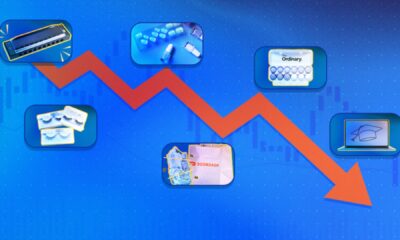
 Economics1 week ago
Economics1 week ago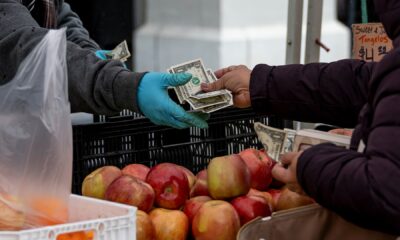
 Economics1 week ago
Economics1 week ago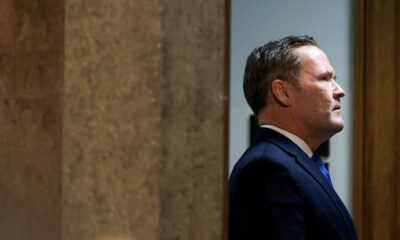
 Economics1 week ago
Economics1 week ago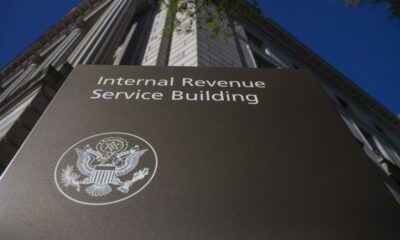
 Accounting1 week ago
Accounting1 week ago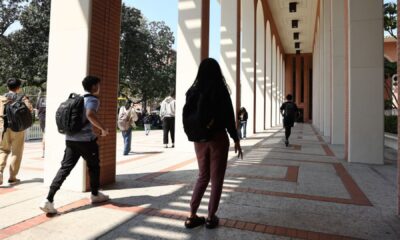
 Personal Finance1 week ago
Personal Finance1 week ago
 Economics1 week ago
Economics1 week ago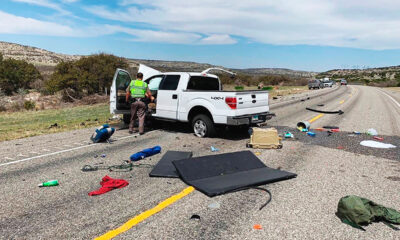
 Economics1 week ago
Economics1 week ago
 Blog Post7 days ago
Blog Post7 days ago
